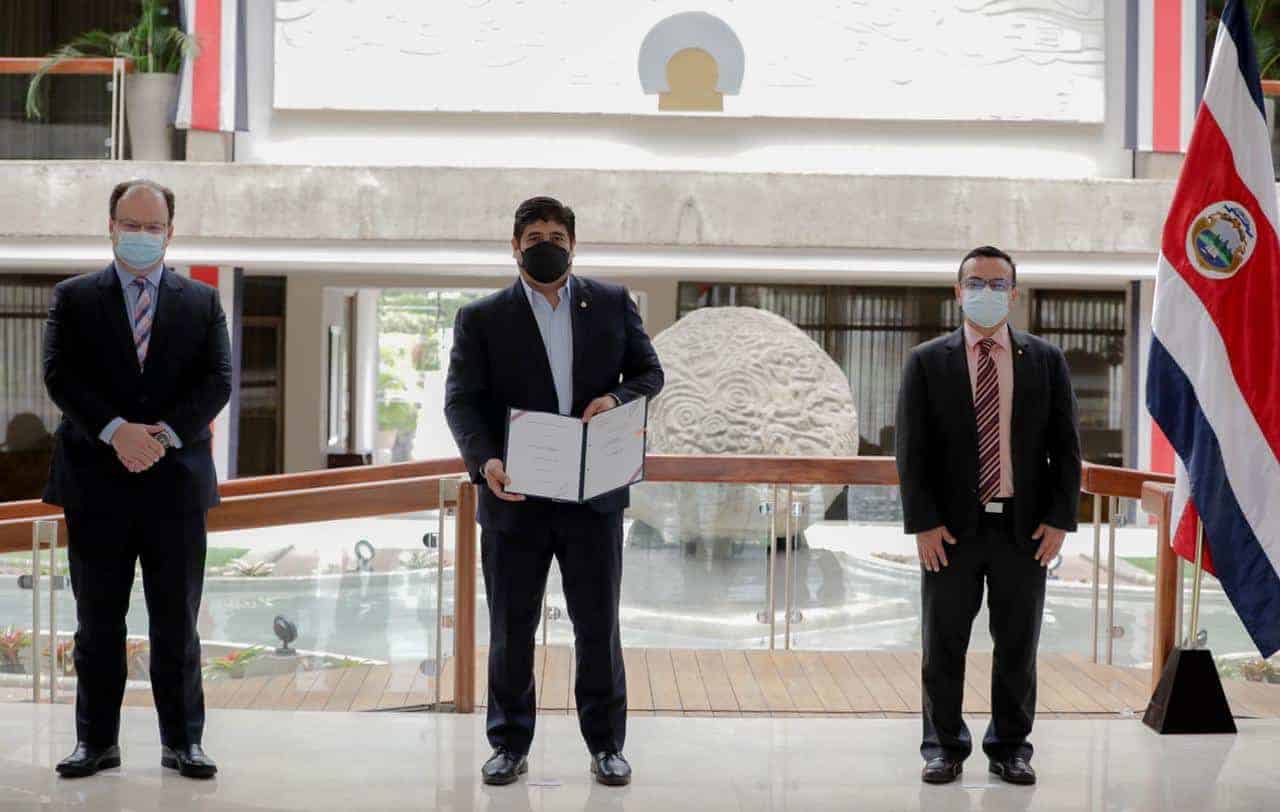The Government of Costa Rica signed a law that reduces to $150,000 the amount that retirees and foreign investors must inject into the financial system to reside in the country, a measure that seeks to stimulate its pandemic-hit economy.
“What this law achieves is to create the conditions so that these people can come to the country, bring their investments and we can generate employment. It is one more step in the direction of recovery, which we all must continue to push in the country,” said the president, Carlos Alvarado.
With this legislation, whoever wishes to opt for a temporary residence as an investor or retiree, must demonstrate to Migration a minimum capital injection of $150,000 in real estate, registrable assets, shares, securities, productive projects or projects of national interest. Previously, the amount was $200,000.
“This law will allow creating a 25% decrease in investment so that a foreign person is granted the category of resident as an investor, including his dependents,” said the Minister of Tourism, Gustavo Segura, also present at the signing of the project.
“In this way, it is intended to produce a necessary revitalization of the economy and a recovery of the levels of foreign investment of a decade ago,” Segura added.
Foreign investment represented 7.8% of GDP until before the pandemic, but today it represents just 3.5%, according to the ministry itself.
“This is one of the most relevant fronts for attracting investment and generating tourism” among retired people who “choose Costa Rica as a place of retreat and rest thanks to the diversity of natural attractions and the environmental and social conditions it offers,” concluded Segura.
According to the new rule, those foreign investors, rentiers or retirees “who opt for said benefits during the first five years of the law, will keep them for a period of 10 years from the date they were granted.”
In addition, the law includes other advantages, such as total exemption from income taxes on the amounts declared to enter the country and 20% on transfers of real estate, among others.






